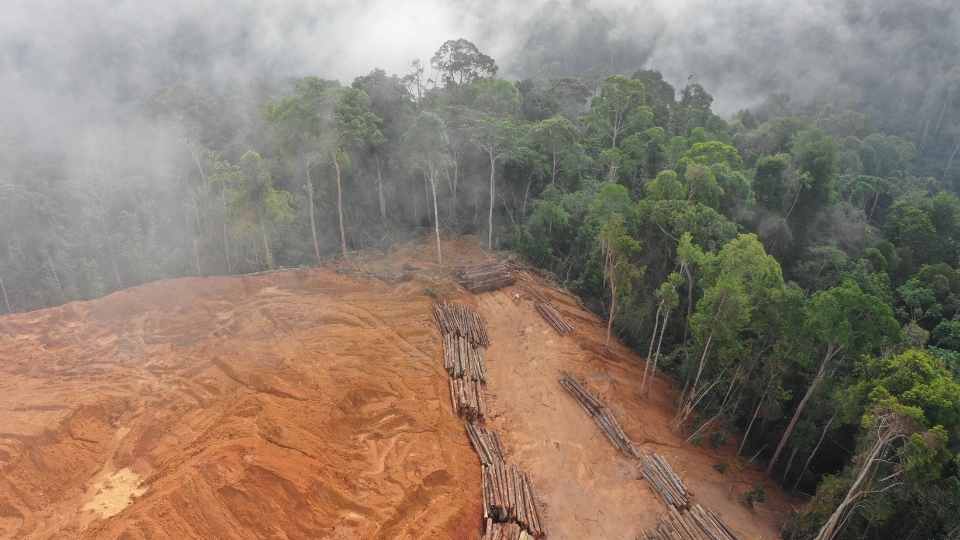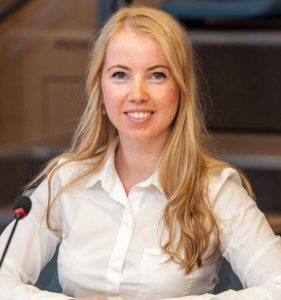ONLINE MEMBER EVENT PROGRAM
GWCN Themed Webinar: Combating Deforestation
GWCN is launching a series of webinars dedicated to global and regional environmental challenges. Speakers are exclusively picked from GWCN member organisations.
The primary goal of the current webinar is to take a closer look at dangers and issues of deforestation around the world as well as foster international experience exchange so that the best practices be showcased and realized and synergy be driven through collaboration, cooperation, and idea sharing.
Moderator:
Speakers:

Topic: Forest Land Degradation in Nigeria: Causes and Solutions
Mmachukwu Loretta Obimdike is a Forester, climate change advocate, Green environment enthusiast, and an activist for environmental laws enforcement.
Mmachukwu is the Executive Director and Founder of the Green Environment and Climate Change Initiative (GECCI). GECCI is an environmental conservation organization that seeks to promote awareness of the environment and provide hands-on project and program implementation geared towards climate action and ecosystem restoration.
She’s a recipient of International Sustainability Academy (ISA) Scholarship, Hamburg, Germany. Mmachukwu’s unwavering attitude towards the course and development of a sustainable city/environment earned her the ‘Global Ambassador of Climate Change Award’ by the Global Ambassador of Climate Change Organization.
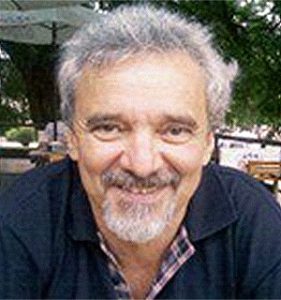
Topic: Deforestation in Argentina: The Great Chaco
Manuel Szwarc is a professional with a strong background in sociology and psychology from Buenos Aires, Argentina. Having worked as a therapist with migrants and other communities in Argentina, Perú and Israel, Manuel also has extensive experience managing and fundraising for NGOs at national and international levels. He has a vision for leadership and detecting opportunities, bringing a high level of initiative and professionalis to the table.
Since 2010, Manuel has been serving as the Executive Director of ‘Árboles sin fronteras’, an NGO dedicated to implementing concrete action to promote community-based reforestation and advocating for an enhanced environmental education landscape and stronger policies to protect the environment. Árboles sin Fronteras is working to stand as a leading NGO, both nationally and globally, for the creation of environmentally responsible communities, where humans can live and develop in harmony with nature.
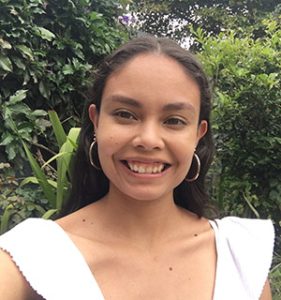
Topic: Costa Rica “Green Country”: Challenges in the degradation of ecosystems and public policy.
Professional in social communication and advertising, she leads the Communication Department and the Volunteer Coordination of the Environmental Dìwö Organization. The Organisation has extensive experience in accompanying indigenous peoples specifically from Costa Rica, including Bribris, Cabécares, Borucas, Bröran and Ngäbes in the fight for their human rights. She has dedicated most of her professional career to climate change communication and community communication.
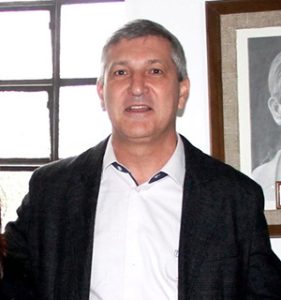
Topic: Deforestation and forest degradation in Brazil
Prof. Dr. Miguel Luiz Menezes Freitas graduated from UniTau in 1992 in the field of agronomy, obtained a masters degree in Production Systems from FEIS/UNESP in 1999, and a PhD in Genetics and Plant Breeding from FCAV/UNESP in 2003. He has been a Scientific Researcher at the Instituto Florestal de São Paulo since 2004, Director General between 2012 and 2015, Coordinator of the Research Group on Conservation and Genetic Improvement of Tree Species since 2006, and professor of the postgraduate programs “Conservation of plant genetic resources” at FEIS/UNESP since 2008 and “Conservation and use of genetic material of tree species” at UFSCar/Sorocaba since 2014. Miguel is a reviewer of several scientific journals and has profound and wide-ranging experience in the field of Forest Genetic Resources, including many topics related to agroforestry, population genetics, conservation, and others. His expertise also encompasses topics of economics, including feasibility studies, production diversification, management processes for maintaining genetic diversity and conservation, and others.
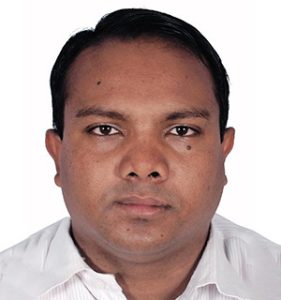
Topic: Policy Review of Dalit and Marginalized Community’s Access to Water and Community Forest in Nepal
Mr. Sunil Kumar Pariyar is the founder of the Dalit Alliance for Natural Resources (DANAR)-Nepal with a demonstrated history of working in the human rights and environmental-based services industry. He graduated from Tribhuwan University in the field of Business Development and is skilled in Rural Development, Environmental Awareness, Natural Resource Management, Non-Governmental Organizations (NGOs), and Climate Change Adaptation. Sunil has more than 18 years of experience in the field of Human Rights, Gender, Poverty & Social Equity in the program and project context of Dalit and Women’s Economic Empowerment, Gender and Financial Inclusion, Forestry, Climate Change, Disaster Risk Management, Peacebuilding, and Local Governance.
Sunil has also worked with numerous bilateral and multilateral donor organizsations at the national and international level, including UK Aid, DFID, Swiss Development Cooperation (SDC), Nepal Swiss Community Forestry Program (NSCFP), Program for Aquatic Natural Resources Improvement (PANI), USAID, DAI, The World Bank, Food and Agricultural Organization (FAO), UNDP, and IUCN Nepal. Among other roles and achievements, he was engaged in gender and social inclusion policies of Nepal’s Forestry Sectors, spoke as a resource person at COP-18 in Qatar, and published a book about his 18 years of experience working with the Dalit and Forestry Sector in Nepal. In 2006, Sunil founded DANAR in the Parbat district and registered the organization as well in Kathmandu in 2009.
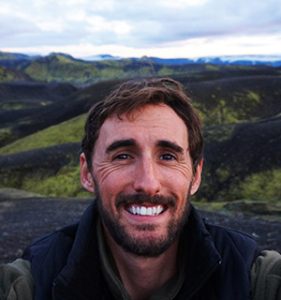
Topic: TREES for Trees – Combating Deforestation Efforts in Belize
Dr. Taylor Parker has been working in
conservation since 2004, when he began restoring wetlands in southern
California. He received his masters and PhD in Conservation Social Science from
Clemson University (USA), with a focus on justice within forest communities,
forest health, and conservation area management. Taylor is one of the directors
of Pelecanus, a partner organization Pelecanus of Toucan Ridge Ecology and
Education Society (TREES), working to combat deforestation efforts in Belize. He
has worked on conservation projects with local people and conservation
professionals in Chile, Hawaii, the Saguaro Desert, Yellowstone, Iceland, New
Zealand, and Belize. Currently the Forestry Program Director for the Sierra
Nevada Alliance in California and university lecturer in Geography at CSU Long
Beach, Taylor focuses on habitat and species protection, improved equity and
access in conservation, and rights and capacity building for all human and
non-human partners.

Topic: Deforestation in Pakistan: An Inevitable Setback to Climate and Economy
Mr. Danish Ali is a 4th year MBBS student at Rawalpindi Medical University and CEO/Founder President of OHEC (a non- profit student-based organization), aiming to work for the betterment of mankind in all aspects, either it be related to health, economics or climate. He aims to create an amalgam of health and economic sectors of Pakistan, an approach for a brighter successful future.
